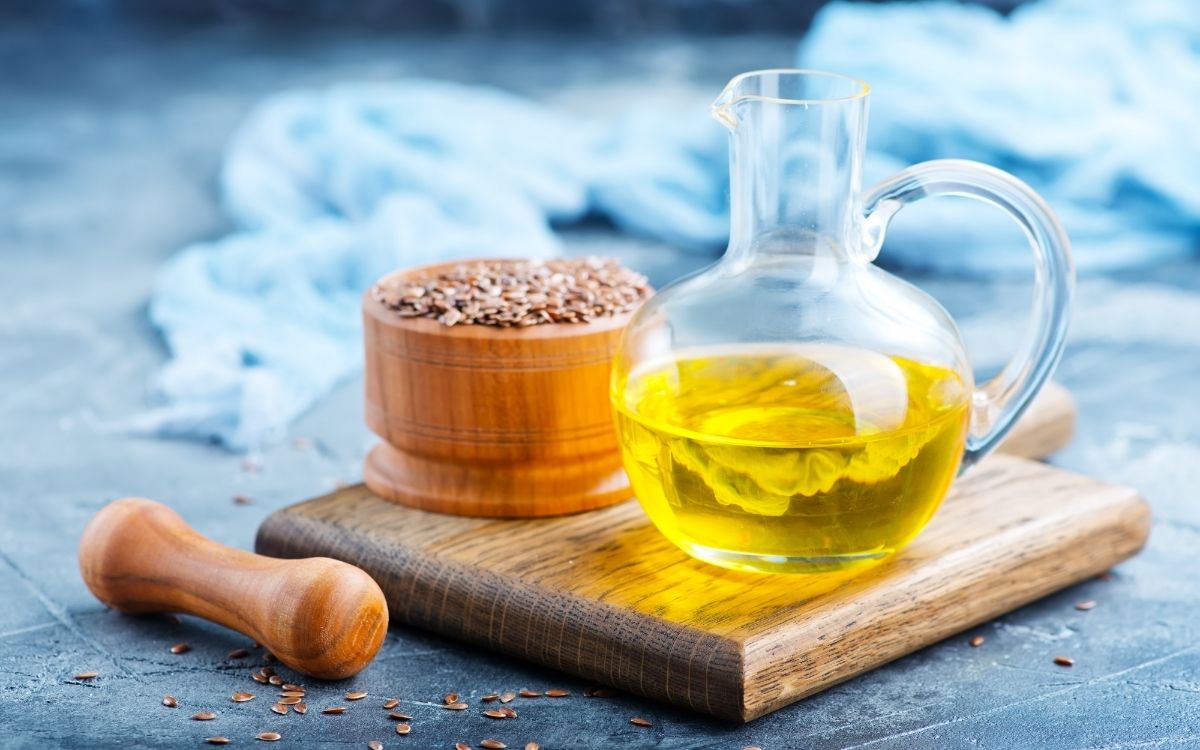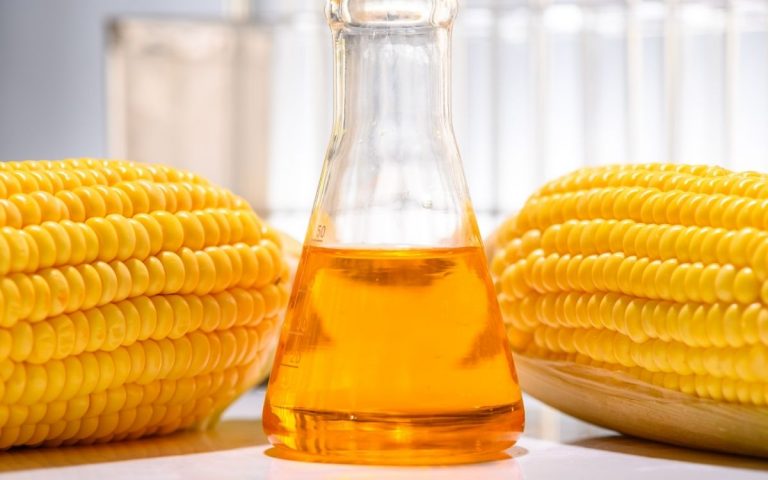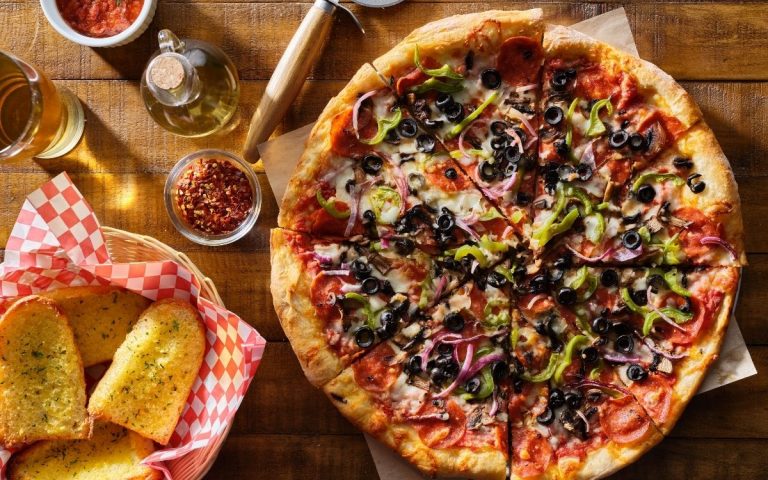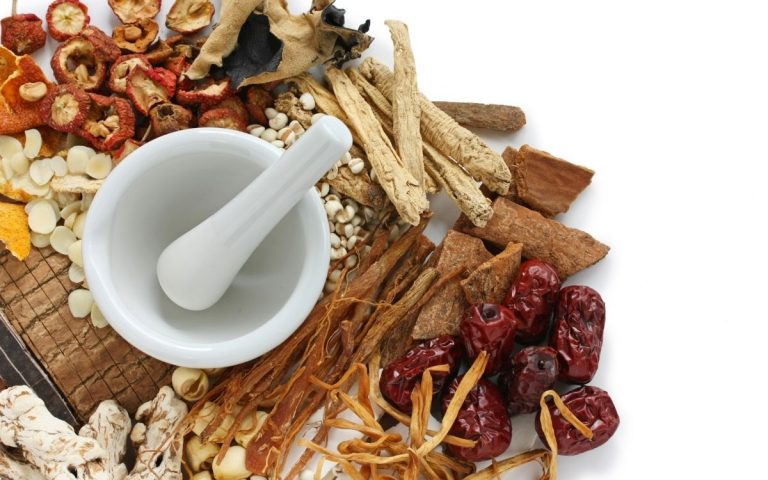Is Seed Oil Bad for You?
People are eating more seed oil than ever because they are cheaper to produce than something like olive oil or avocado oil. Higher-end oils like olive oil are harder to make, and their ingredients are more scarce. Industrial farming makes planting and harvesting seed oil much easier to do at scale, so that’s what you see more of on your shelves.
Seed oil is ok in moderation, but the main issue with seed oil is that it’s hard to avoid. Whether people are dining out in restaurants or eating processed foods or prepared meals, seed oil has become so ubiquitous, it’s the largest source of fat in the American diet.
The reason seed oils are used so much is that they don’t much effect on the overall flavor of the food, and they’re cheap to make. It costs companies less money to make foods that taste good with seed oil, so that’s what they use.
Not every seed oil is the same, of course, but there are some general guidelines that help us determine whether we should be eating them and at what levels. Understanding the facts about seed oil and whether it’s something you should eat will help you make better decisions around your long-term health and keep you on the right track with your diet.
How Seed Oils Affect the Way You Feel

Seed oils, when used in moderation, aren’t cause for too much concern. The issues come up when people eat too much of them and they affect how we feel and trigger things like weight increase. It’s tough, though, now that industrial seed oil is put into more and more foods to extend their shelf lives and keep them tasting sweeter or saltier for longer.
Health scientists and other interested stakeholders are paying more attention to the health effects of seed oils in our diets. If you’re eating a lot of seed oil, you may start to experience things like mental fog, low energy levels, and unexpected weight gain. People who eat large amounts of seed oil can also complain of things like mental fog, and say it’s hard to stay focused while at work or school.
The Impact of Cutting Out Seed Oils in Your Diet
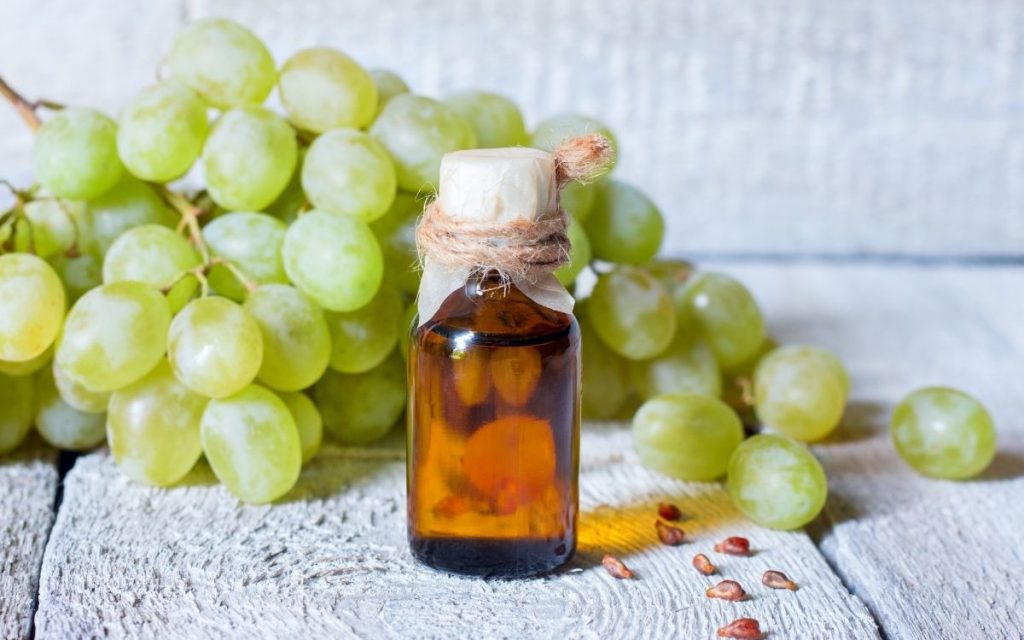
When people want to get fit or lose some weight, the first things that come to mind are things like sugar, carbs, and salt. We stop eating cookies, which is smart, but there’s a lot left to do.
Seed oils are one of the main components of junk food. And that doesn’t mean candy bars. Anything with high amounts of seed oil in it should be classified as “junk food”.
If you’re trying to make positive dietary changes, cutting out harmful seed oils should be one of the very basic first steps.
Here are some of the seed oils you should avoid:
- Corn Oil
- Sunflower Oil
- Canola Oil
- Grapeseed Oil
- Cottonseed Oil
There are also other seed oils, but generally speaking, the top three are the most common and found in so many foods that are bad for us. They are rich in polyunsaturated fats which are hard for our bodies to process.
By cutting out seed oil, you reduce the amount of unhealthy fat in your diet. You also will reduce inflammation in your body. You’ll eliminate a lot of your mental fog and will likely see a decent boost in your energy levels.
Some Health Benefits of Avoiding Seed Oils
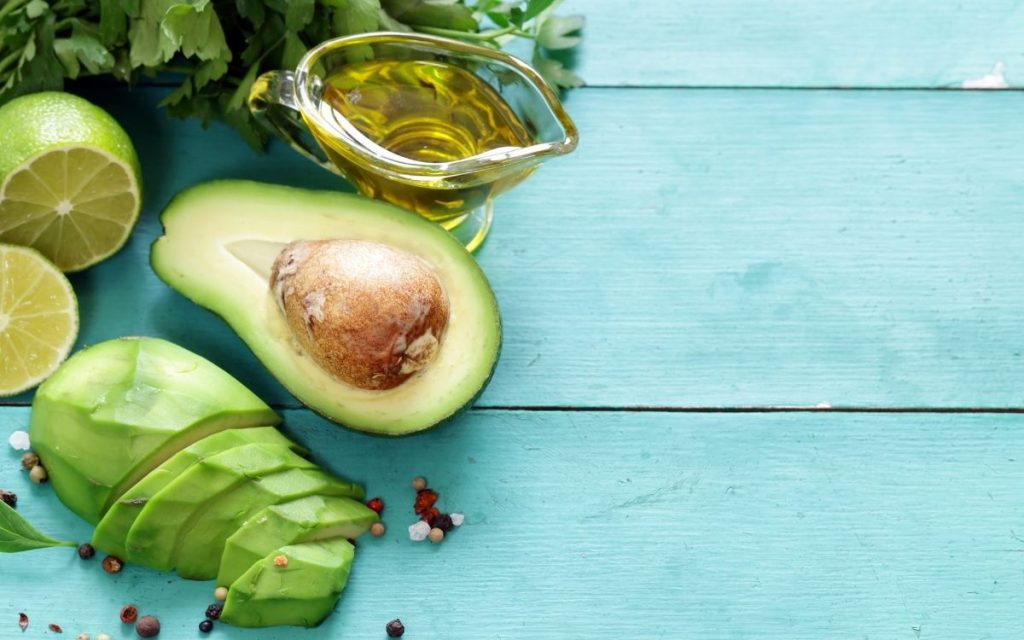
Something interesting happens when you eat a lot of seed oils. Because it’s hard for your body to process, your body uses more energy to take care of it. That’s part of the reason people who eat seed oils experience lower energy levels.
What happens when you feel like you’re lagging at work or school? You reach for those gummy bears or cram down a muffin to jumpstart your brain. It works, but it’s a short-term fix. You’re eating more calories and sugar than you should, and it can affect your body weight, heart health, etc.
Essentially, you’re keeping yourself in a cycle of dietary peaks and valleys where you’re eating junk food, waiting for the eventual crash, and then eating some more to give you that high again. It’s a lot like using drugs, though certainly not as extreme.
Healthier Alternatives to Seed Oils
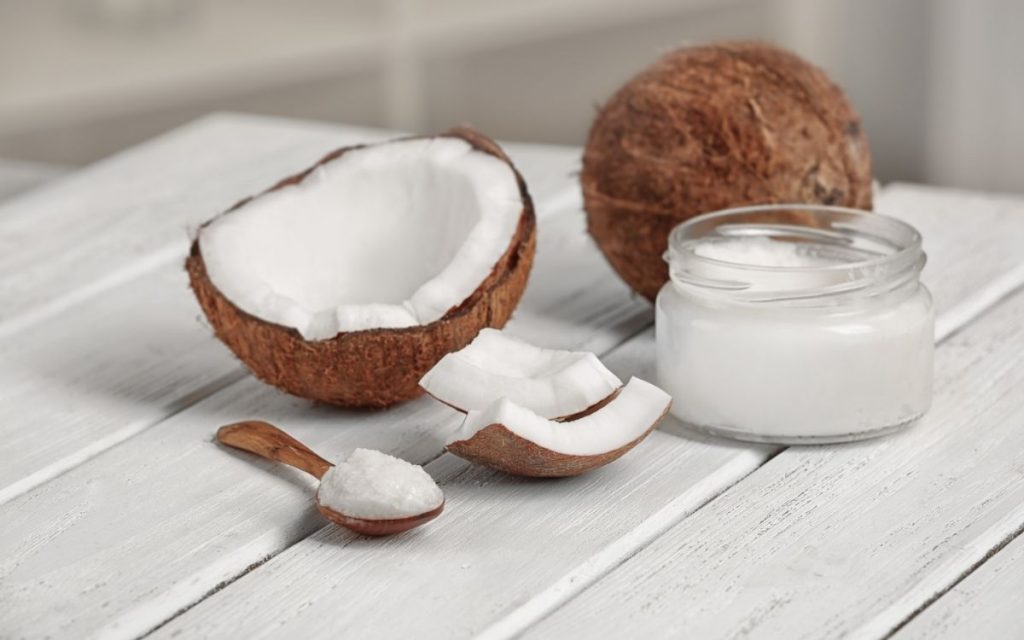
Thankfully, there are a lot of alternatives to seed oil. They’re healthier for you, you can use less of them, and they taste great. The main downside is that they cost more.
Usually, we think of oil as an afterthought in our cooking, so we reach for the cheapest thing that we can find on the grocery store aisle. However, the oil you use in cooking and baking is a very important decision.
The main difference between healthy oils and unhealthy oils is what type of fat they contain. Healthy oils have fats that are good for you rather than those polyunsaturated fats that can be so harmful. Some healthy oils include:
- Olive Oil
- Avocado Oil
- Butter
- Coconut Oil
- Nut Oils (Almond, Peanut, Macadamia, etc.)
These oils are what you can use for cooking and baking instead of those seed oils you see everywhere. Other healthy oils you’ll find in health stores may not be appropriate for cooking because they don’t respond well to heat.
3 Easy Ways to Reduce Your Seed Oil Intake

Changes in diet are hard, but they work. Soon enough, you’ll change your habits and won’t even want the unhealthy seed oils that you used to. Your body response will be so positive that you’ll see the changes you made were worth it. At some point, you won’t even believe how much unhealthy food you were eating, and your body will stop craving the bad foods you used to eat so often. Here are some ways you can start making changes now.
1. Read the Ingredients
This is a huge step you can make to avoiding seed oils and eliminating them from your diet. Pick up the package at the grocery store and see what’s inside. Typically, food companies list ingredients from highest to lowest, so also pay attention to where the seed oil falls on the ingredients list. Start buying foods with healthy oils instead of the junk we see everywhere. You’ll spend more time at the store, but eventually, you’ll know what to buy and what to skip.
2. Spend More on Less
Restricting your diet is hard. Buying healthier food costs more and they don’t last as long. You’ll have to be more thoughtful in what you eat and how you prepare your food. However, spending more money on oils and any prepared foods you buy will help you cut down on how much junk food you eat.
3. Make Meals at Home
Stop going out to restaurants as often. They use a lot of seed oils as well as a ton of salt and sugar. Spend more time making food at home using healthy oils in your cooking. You can find a ton of delicious recipes that use healthy oils that you and your family will love to eat. You’ll consume fewer calories and feel better overall.
Stop overlooking the oils you eat. Seed oils are readily available and affordable, but they’re bad for you.
Changing the type of oils you eat will have an impact on how you feel all day and will make sticking to a healthy diet much easier. If you’re doing the work to cut out sugar and other unhealthy foods, make sure you don’t overlook the unhealthy fats and other adverse effects of seed oil.

